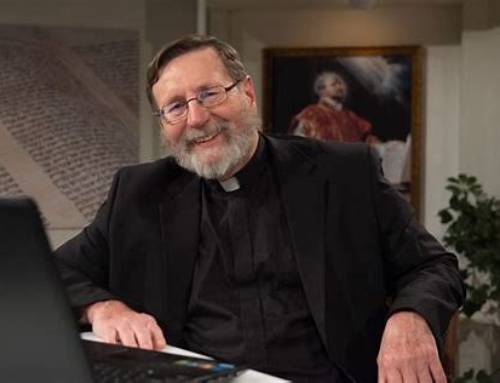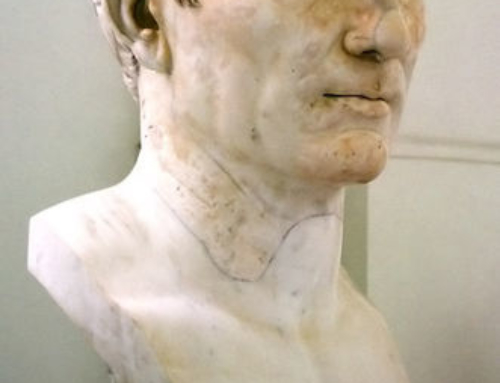Today is the feast of St Simon and St Jude. They come last in the list of the apostles (just before Judas Iscariot) and scholars believe the list of the apostles indicates a kind of hierarchy as Peter is invariably first on the list.
St Simon and Jude are therefore low down in the batting order.
St.Simon, the gospel tells us, was a Zealot. The Zealots were a politically activist Jewish organization. They were in favor of violent revolt against the Roman overlords. We assume that Simon was converted from his political activism because tradition is that he went on to preach the gospel in Persia. However the early traditions are varied both about his origins and his destiny. You can read about them here. Some identify him as a “brother” of the Lord, others (because of a mistranslation) say he came from Cana in Galilee. Most notable is his identification as a zealot, and his membership of an activist cause.
For this reason he might well be the patron of all those who are converted from activist causes to the preaching of the gospel.
One of the most insidious enemies of the gospel of Our Lord Jesus Christ are activist causes. It might be any kind of activist cause: climate change, sexual politics, economics, culture wars, the pro-life cause, serving the needy, housing the homeless–whatever it is, the activist cause (like the Zealots’ war against the tyranny of Rome) is invariably a worthy cause–a “good thing”. But the good is often the enemy of the best, and activist causes, when one has no Christian faith, invariable become a kind of alternative religion, and the ideological zealots (like Simon’s gang 2000 years ago) eventually espouse violence–if not actually, then at least theoretically.
More insidious is when an activist cause is taken up by Christian leaders. We all know of priests, bishops and others who, with every good intention, take up a pet cause. It may be justice for immigrants, the need to be tolerant to gay people, the cause to house the homeless or campaign for equal rights for a racial minority, the disenfranchised or the marginalized. While these activist causes are usually worthy, they are not the gospel. They are the result of the gospel. When the worthy cause is substituted for the gospel it invariably becomes that person’s special mission, and while the special mission and calling may be a good thing–if it overshadows the preaching of the gospel it actually becomes an enemy of the gospel.
I have found this tendency within the recently released document on “synodality”. There is much gushing talk about inclusion and diversity but precious little about the need for the proclamation of the Christian gospel–the call for repentance and faith in the saving work of Our Lord Jesus Christ. The Great Commission seems to have been re-imagined. Instead of “Go therefore into all the world and preach the gospel, baptizing them in the name of the Father, Son and Holy Spirit” it has become “Go therefore and accompany them, listening to them and affirming their own particular understanding of spirituality.”
Anyway, it is interesting that the other apostle of the day–St Jude–is the patron of lost causes. Appropriate that he is paired with Simon the political activist because, –no matter how worthy the cause–if it is activated apart from the saving gospel of Our Lord Jesus Christ–it is a lost cause.







Leave A Comment
You must be logged in to post a comment.